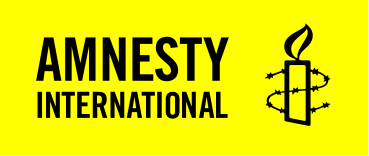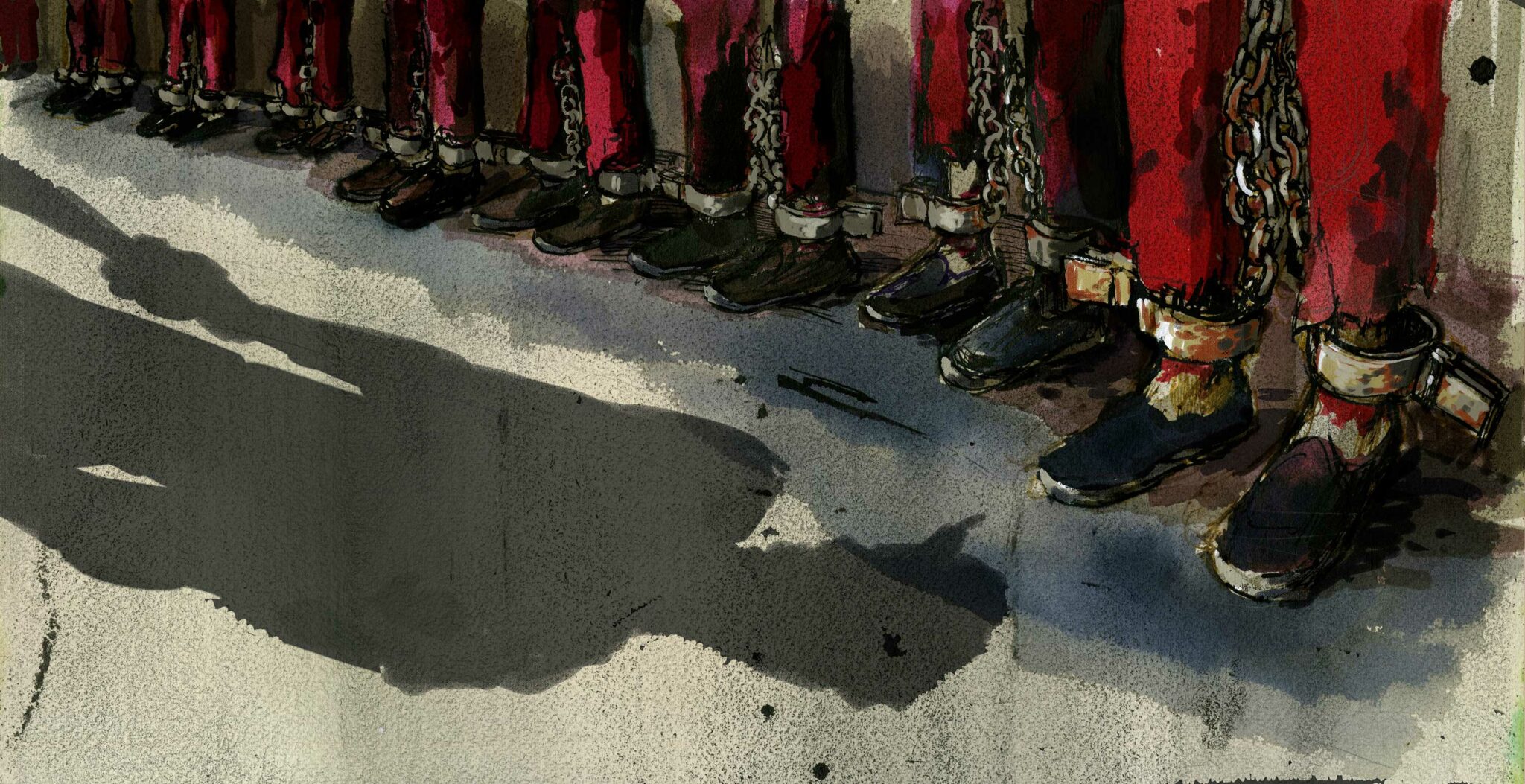Restrictions on former camp detainees’ freedom of movement inside China
All former detainees faced significant restrictions on their freedom of movement after they were released from the camps. Nearly all were prohibited from leaving their village or township. If they were allowed to leave, they were required to get written permission from the authorities beforehand. [[[Amnesty International interviews.]]] According to a document provided by a former detainee, the permit application had to be approved by four different local government agencies, including the police station and Party committee.
Some former detainees were put under additional detention in the form of house arrest for several months. Many were required to check in with the police or village administrators daily. A few former detainees were forced to live at the village administration office or police station for a few weeks or months. [[[Amnesty International interviews.]]]
Aitugan told Amnesty how his movements were restricted after he was released: “I spent five months being monitored. I just stayed in the village. I couldn’t leave without permission. I had to report to the village office each morning. I needed permission to leave the village from the village chief,” he said. [[[Amnesty International interviews.]]]
Many former detainees reported that for months after they left the camp their ID cards were programmed such that an alarm would sound whenever they travelled through the ever-present checkpoints or whenever they left their village. [[[Amnesty International interviews.]]] After an ID triggered an alarm, former detainees were often interrogated about the same things they were questioned about after their initial detention and during their time in the camp. [[[Amnesty International interviews.]]] Mahabbat, who had been detained for a year for visiting Kazakhstan, told Amnesty International how her movement was restricted after she was released from a camp:
After I was released… it was house arrest. Every time I scanned my ID it went off… I wasn’t allowed to go to another town. Even in the streets, the camp follows you… Even when I went to buy a meal, I had to fill in a form saying I had been to a camp. It was shameful… My daughter was living [in another town but] I couldn’t visit her because of this. Can you imagine going into the street and the police surrounding you every time? [[[Amnesty International interviews.]]]
Other former detainees told Amnesty their ID was confiscated for a time after their release. “[When I wasn’t in class or at a flag-raising ceremony], I had to stay at home the rest of the time, because the inspector could come at any time. I had to be found in one of these places at all times. My ID was taken. I wasn’t free,” Aisanali told Amnesty. [[[Amnesty International interviews.]]]
After several months some of the movement restrictions began to decrease. Many former detainees reported that some restrictions were lifted after six months. [[[Amnesty International interviews.]]] Others told Amnesty the restrictions on their movements lasted a year. [[[Amnesty International interviews.]]] One former detainee told Amnesty the restrictions on his movements were removed at the same time as those of others released when he was. [[[Amnesty International interviews.]]]
Family members of former detainees also had severe restrictions placed on their movement while their family member was in a camp. Former detainees reported that their family members needed to get permission from local officials to leave their village. [[[Amnesty International interviews.]]]



